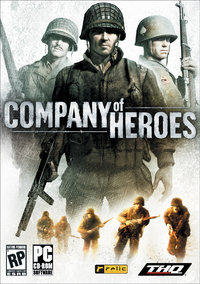This is one of those posts which makes it to the draught stage and never any further, but as I was tidying up my WordPress install, I decided with a bit of reworking it’s something I still feel strongly about. The original title had referred to British public transport in particular, but in truth there is very little specific to the British experience.
Before I start my rant, let me plainly state that I am great supporter of the principles of public transport. That is not to say that I don’t see the use or take advantage of private transport, merely that I feel the balance in society is generally wrong, particularly in the first world, or whatever the preferred term is these days. These societies should be perfectly capable of providing for the vast majority of man’s annual miles, with our regular combinations of buses, trams, trains etc. and private transport being available to fill in the gaps where required. Being able to pack your bags, grab the kids and hit the road for a weekend away seems like a reasonable thing to do, but where is the logic of moving a ton of metal to work and back five days a week?




